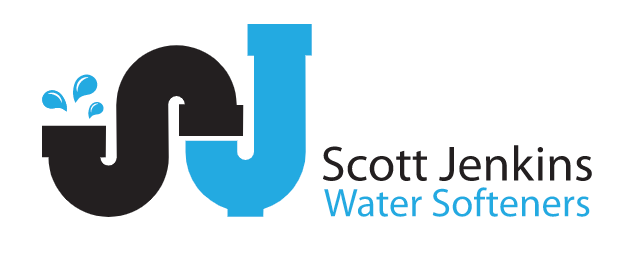Whether you’ve owned properties previously or you are a first time buyer – there’s nothing quite like the anticipation of moving into a brand new property. The pristine appearance of kitchens and bathrooms, free from the tell-tale signs of previous occupants, now exclusively yours!
But, without you doing anything wrong, very quickly that initial squeaky clean sheen can rapidly disappear. Before you know it, within days and certainly a few weeks even, you could notice a difference.
And do you know the root cause? It’s hard water.
The problems that hard water can create in your home are wide-ranging and tough to overcome. If left unchecked, they can have a really adverse effect on family life.
A brief explanation of hard water
Without water – H₂0 – we wouldn’t be alive, of course. Water is essential for life itself. If the water coming out of your tap was 100% pure H₂0, that would be perfect. But it isn’t. It’s all the extra stuff that gets into water, which is the problem. The contaminants present within water can be bad for your health and leave their mark around your home.
The damaging effects of hard water arise from groundwater percolating through limestone which can acquire excessive amounts of calcium and magnesium deposits. These often produce a high mineral count in the water that comes into your property. We are particularly susceptible to this in West Sussex and other parts of the south of England.
In addition, corrosive trace minerals like iron, present in our soil, can also find its way into drinking water. Even substances like aluminium are found in hard water.
So, as you can see, your tap water is likely to be full of unwanted minerals and impurities.
As you settle in to your new home, what are the tell-tale signs to look out for regarding unfiltered hard water?
- Peculiar tasting water
If your water gives off a smell or tastes unpleasant to drink, then this is an indicator of bacterial build-up. Metal or chlorine flavoured water would be typical examples. - Stains are a pain
You may quickly start to notice brown or reddish stains on your kitchen and bathroom surfaces, especially round the taps. It can take a lot of cleaning and elbow grease to remove and cost a pretty penny in cleaning products. The problem is, as thorough as you may be with your cleaning, the staining will keep returning – until you find a cure to the hard water issue. - Nasty Soap Scum
Because soap is meant to clean, you’d think that it wouldn’t leave any scummy residue. But, combined with hard water, soap will certainly leave its mark – on shower screens and curtains, tiles and other surfaces. This is not only unsightly but can also be a collecting point for potentially harmful bacteria. The result – you end up doing more and more cleaning to stem the never-ending tide. Another hard water indicator is when spots appear on your “clean” dishes. It’s not the dishwasher or detergent’s fault – it’s the water leaving a precipitate. - Lack of Lather
Shower time or bath time is meant to be pleasurable and relaxing. But if you are struggling to get a good lather and your hair takes ever-increasing amounts of shampoo, it’s a far cry from the nice soft skin you’d expect after a satisfying soak. Minerals in hard water negate the effects of shower gels, shampoos and the aforementioned soap. Plus your shower won’t work as efficiently with hard water because deposits can clog up the heads, reducing the water pressure. Over time, this can affect all the pipework in your house. That’s one reason why plumbers are in such demand! - Skin irritation
We’ve covered it before, and we’ll cover it again because it is such an important subject, but the connection between hard water and skin complaints, like eczema, is irrefutable. Hard water and its associated mineral deposits and contaminants can suck the life out of your skin, causing itchiness. Skin doesn’t like being dry. It behaves much more agreeably when it is moist and soft. - Washing Machine Woes
And finally, that lovely new washing machine you’ve just had installed. Have you ever wondered why your towels go rough and scratchy after just a few washes? It’s the hard water washing all the softness away. You’ll end up getting through more detergent (and washes) to ensure your clothes are properly cleaned. In fact, limescale can wreak havoc on a range of domestic appliances – from the washing machine to the kettle. And if you use an iron with hard water, on whites especially, the chances are there’ll be signs of yellowing around the collars before long.
So, with all the investment that you’ve made on that lovely new home, to ensure everything stays looking as good as new for longer, don’t let hard water spoil your move.
Get in touch for advice about soft water solutions in your home – and eradicating hard water issues for good. Contact SJ Water Softeners here or give us a call on 01243 607494.
